Showing 25–33 of 33 results
-
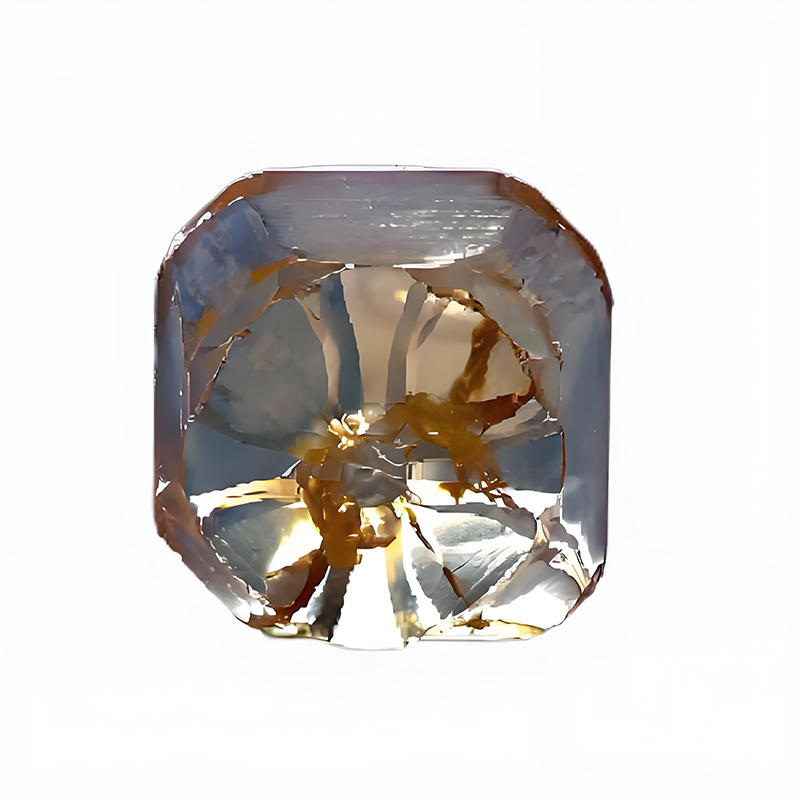
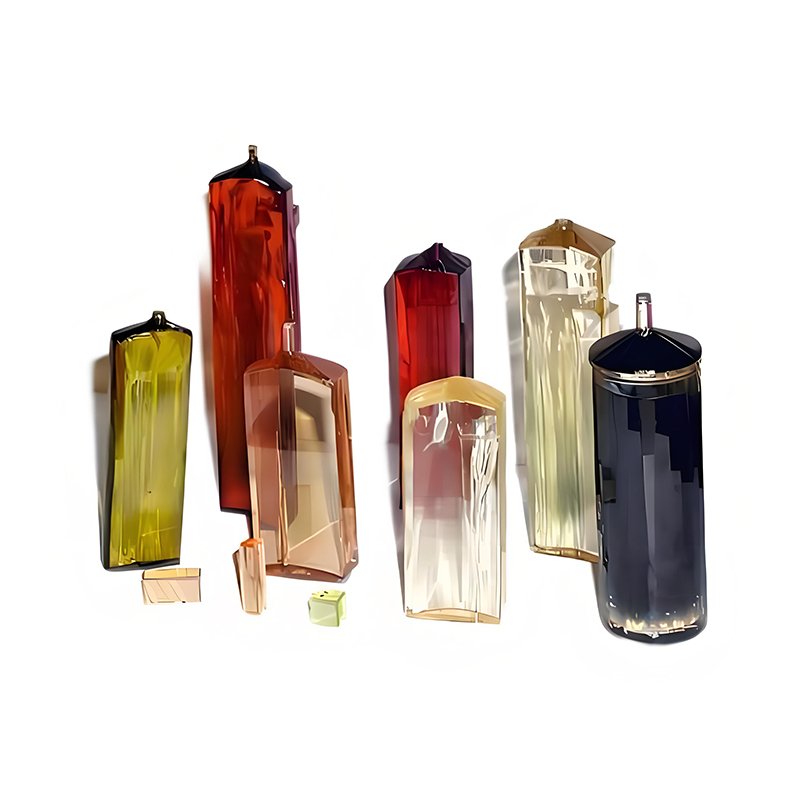
- Exceptional Photorefractive Effect: Superior for dynamic holography and real-time optical data storage.
- High Electro-optic Coefficient: Enabling efficient light modulation.
- Low Optical Damage Threshold: Excellent for high-sensitivity photorefractive applications.
- Piezoelectric and Pyroelectric Properties: Supporting applications in sensors and transducers.
- Nonlinear Optical Response: Suitable for second harmonic generation (SHG) and other nonlinear optical processes.
- Broad Transmission Range: Transparent from visible to near-infrared wavelengths.
-
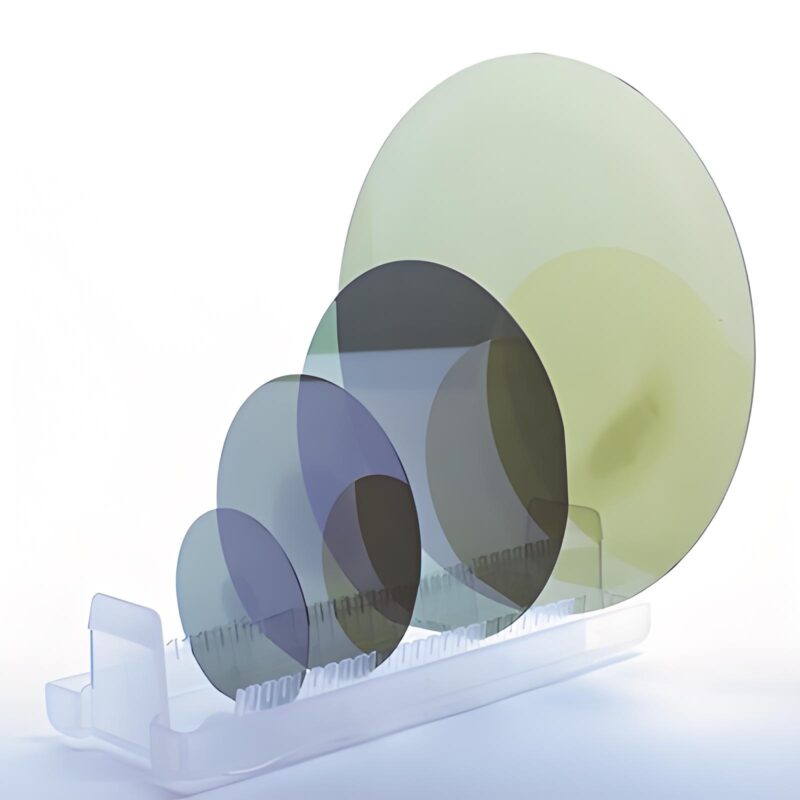
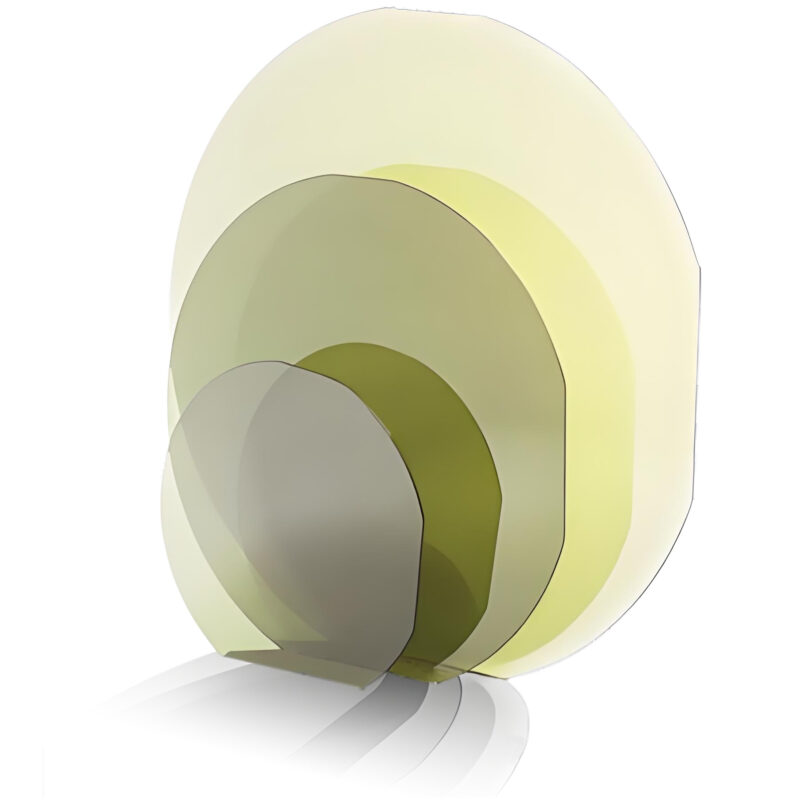
- Wide bandgap (3.2 eV for 4H-SiC)
- High thermal conductivity (~4.9 W/cm·K)
- Excellent chemical resistance
- High voltage breakdown strength
- Radiation hardness
- Suitable for GaN-on-SiC and epitaxial SiC device growth
-
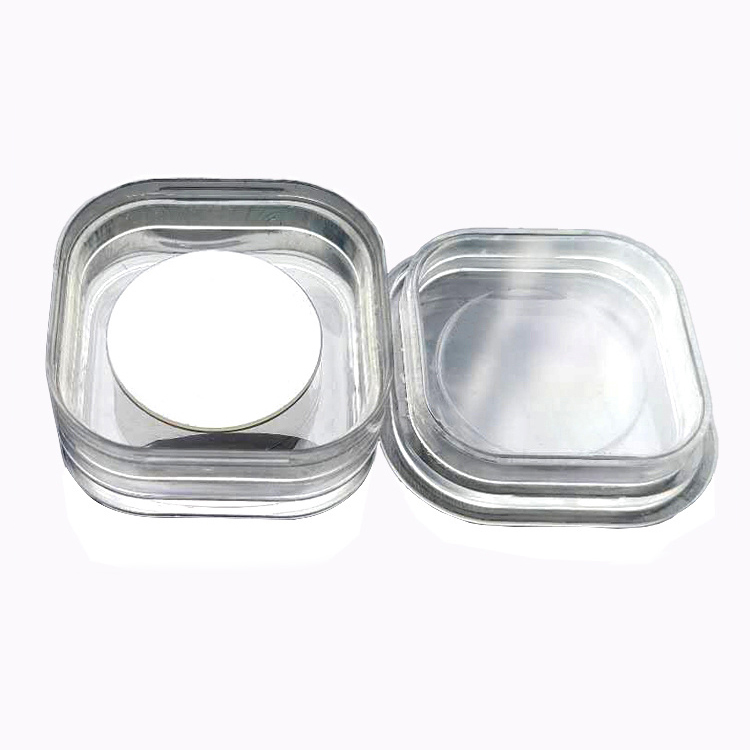
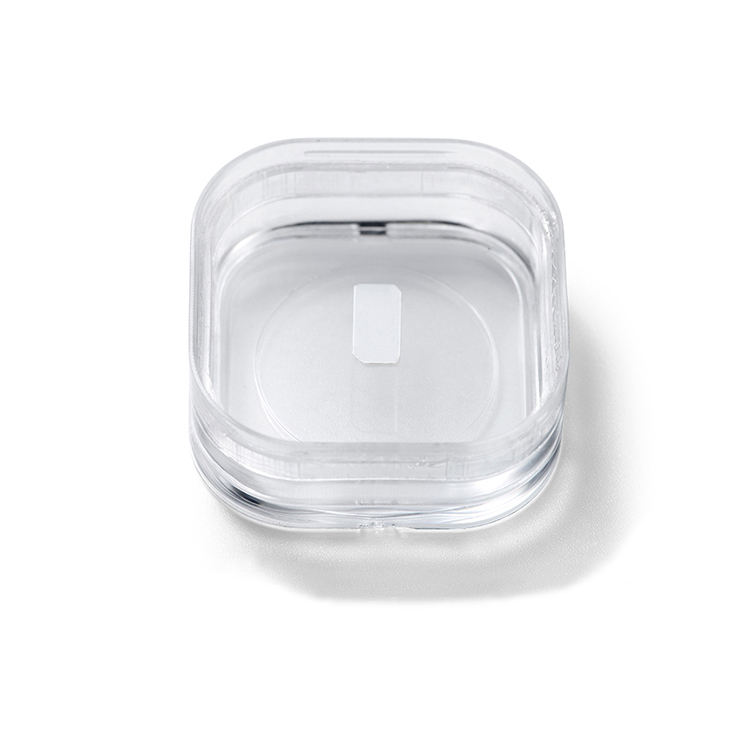
- Perfect cubic structure at room temperature
- High dielectric constant (~300 at room temperature)
- Low loss tangent
- Excellent lattice match with perovskite oxides (e.g., YBCO, LSMO, BST)
- High optical transparency in the visible and near-infrared range
- Atomically flat surfaces achievable after polishing
-
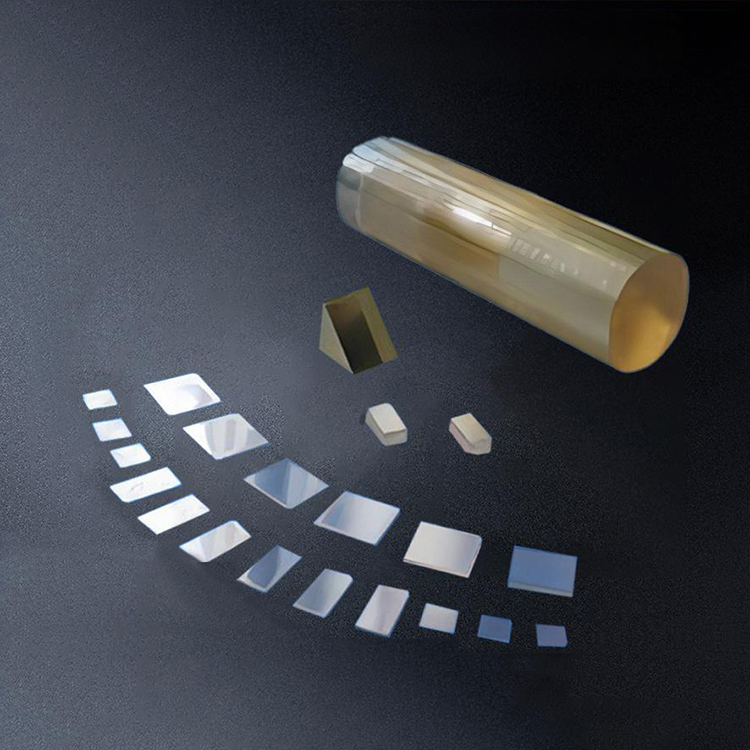
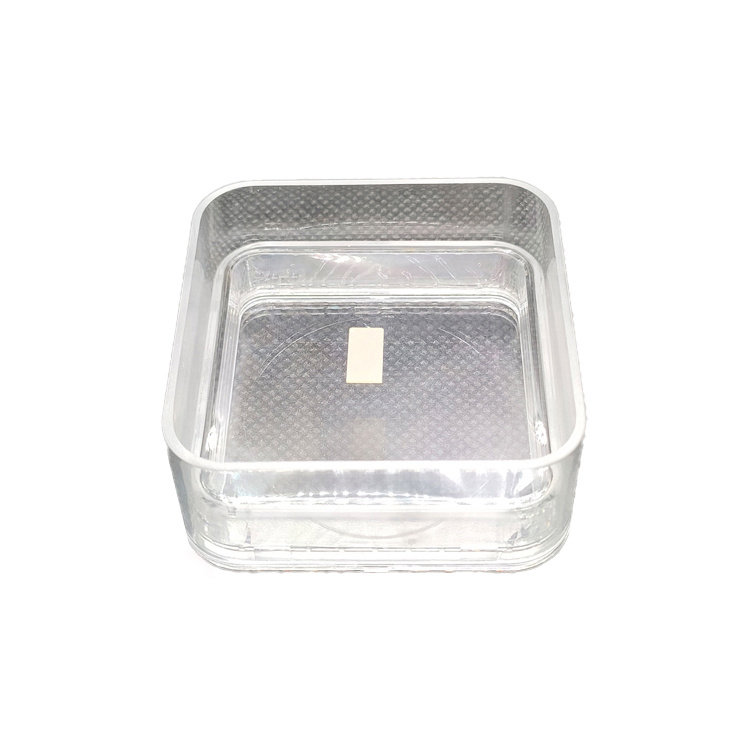
- High Refractive Index: Ideal for optical coatings and photonic crystals.
- Wide Bandgap: Suitable for ultraviolet photodetectors and photocatalysis.
- Strong Birefringence: Enhances nonlinear optical effects and polarization control.
- Excellent Chemical Stability: Resistant to acids and alkalis under normal conditions.
- High Dielectric Constant: Beneficial for high-k dielectric applications in electronics.
- Superior Optical Transparency: From visible to mid-infrared wavelengths.
- Mechanical Strength: Supports demanding manufacturing and processing.
- Suitable for Epitaxial Growth: Template for oxide thin films such as perovskites.
-
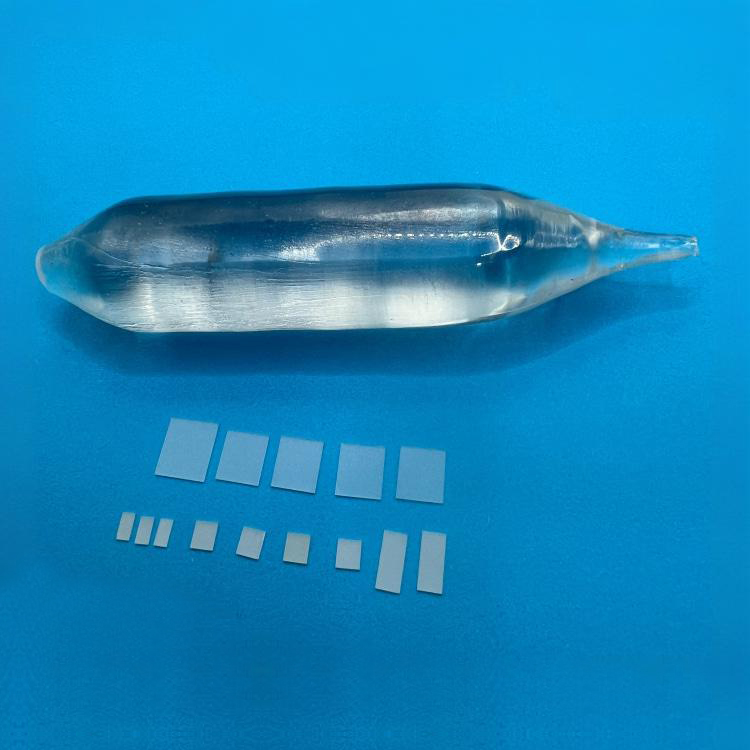
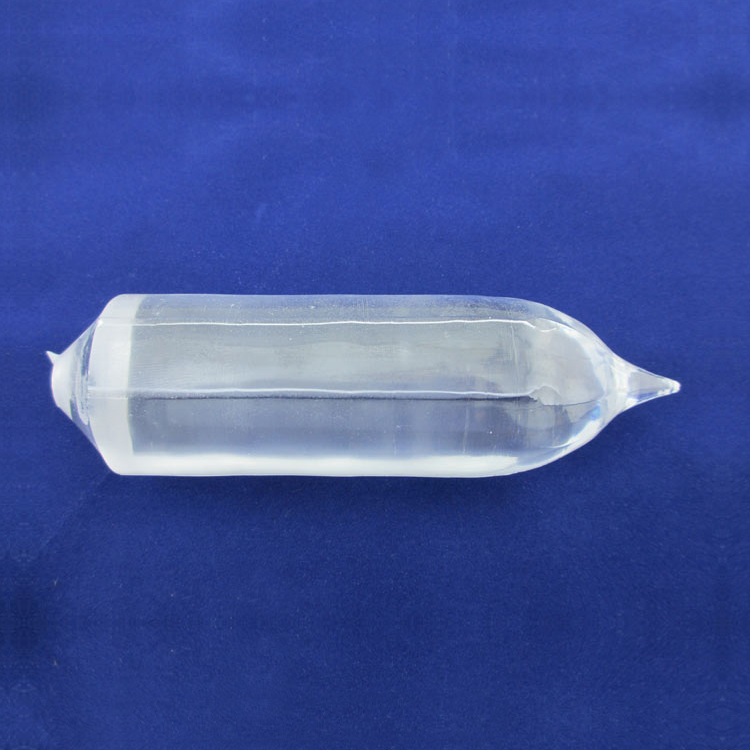
- High Thermal Stability: Suitable for high-temperature environments and laser operations.
- Excellent Mechanical Strength: Durable and resistant to cracking during processing.
- Broad Optical Transparency: Ranging from ~230 nm to 5.5 μm.
- Low Thermal Expansion Coefficient: Reduces thermal stress during device fabrication.
- High Refractive Index: Beneficial for optical and laser device efficiency.
- Good Chemical Resistance: Stable against most acids and alkalis under normal conditions.
- Low Dielectric Loss: Suitable for microwave and RF applications.
- Efficient Host Crystal: Ideal for rare-earth doping for laser crystals (e.g., Nd:YAP lasers).
-
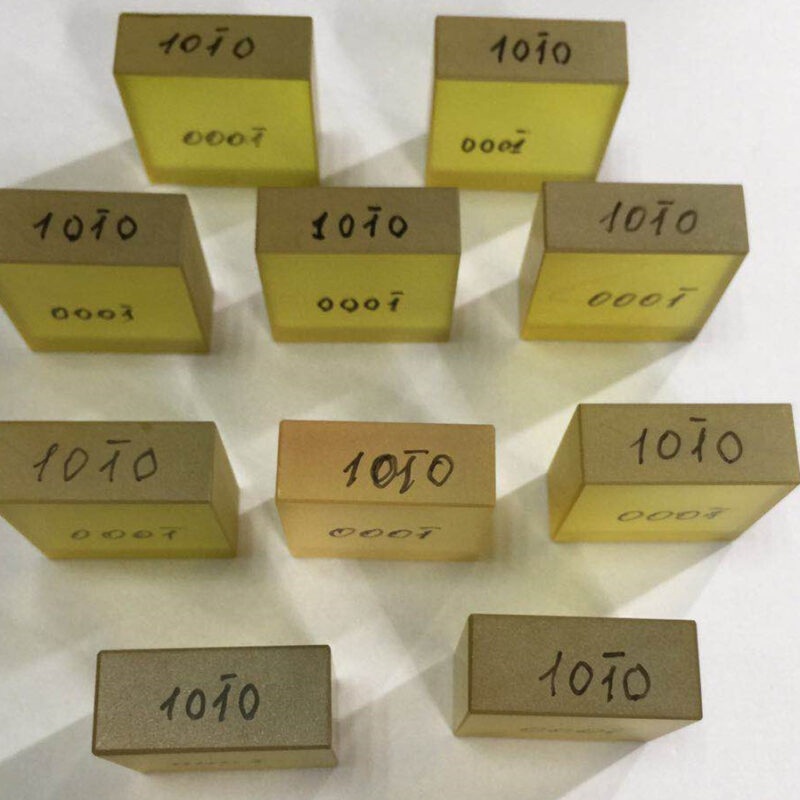
-
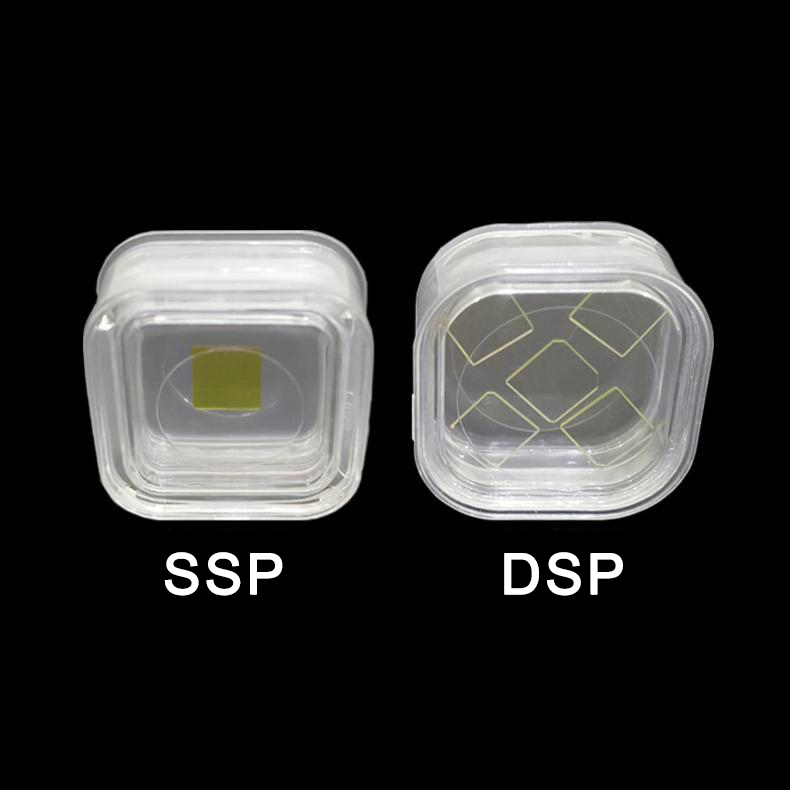
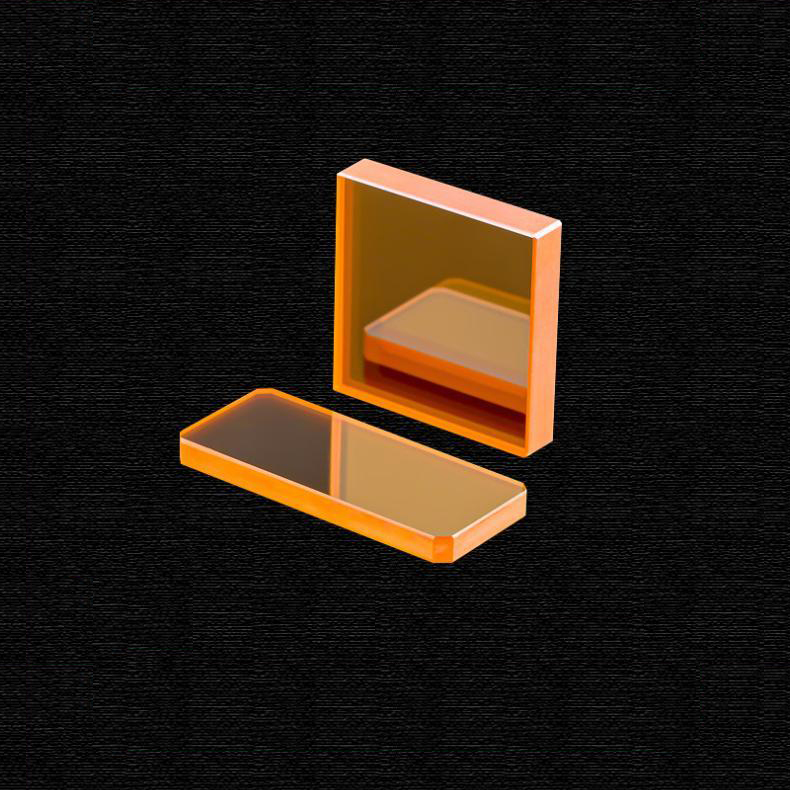
- Broad Infrared Transmission: Covers visible to far-IR regions (0.5–22 μm).
- High Refractive Index: Suitable for focusing and imaging applications.
- Low Bulk Absorption: Enables high-power CO₂ laser operation.
- Excellent Thermal Shock Resistance: Suitable for high-power, high-temperature environments.
- Chemical Stability: Resistant to moisture and most chemicals in ambient environments.
- Isotropic Optical Properties: Minimal birefringence effects.
- High Damage Threshold: Ideal for high-power laser optics and windows.
- Good Mechanical Strength: Though softer than sapphire, sufficient for most optical setups.
- Compatible with Anti-Reflection (AR) and Protective Coatings: Enhances performance and durability.
-
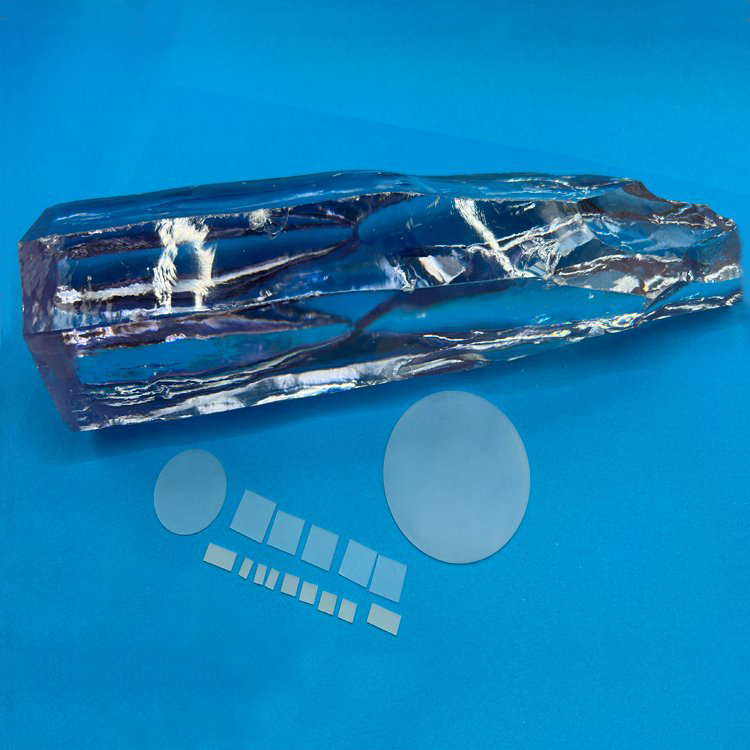
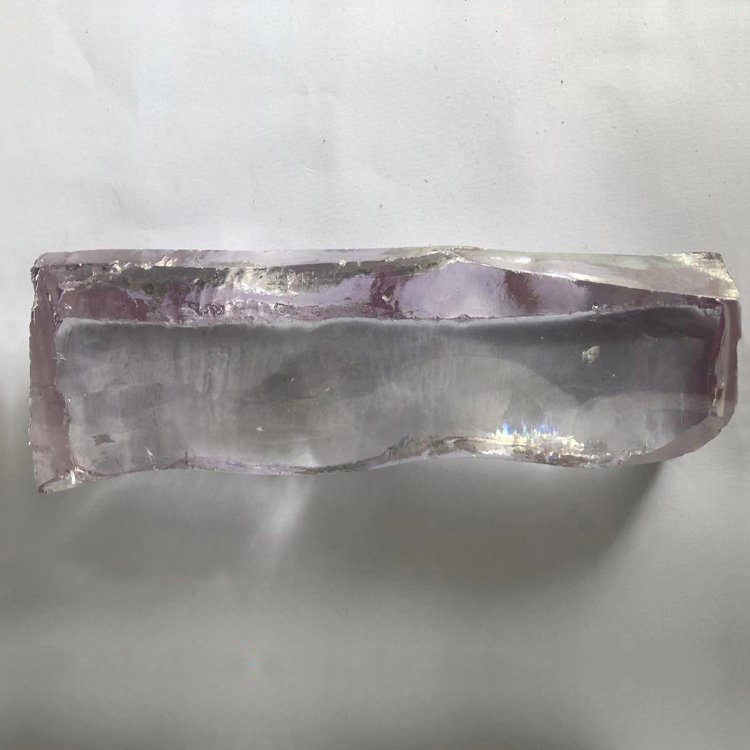
- High Thermal Stability: Outstanding resistance to high temperatures up to 2500°C.
- Exceptional Mechanical Properties: High hardness, high fracture toughness, and high wear resistance.
- Excellent Ionic Conductivity: Suitable for solid oxide fuel cell (SOFC) applications.
- Low Thermal Conductivity: Ideal for thermal barrier coatings.
- Wide Optical Transmission Range: Transparent from visible to mid-IR (approximately 0.3 – 5 μm depending on doping and phase).
- Chemical Resistance: Highly resistant to corrosion, oxidation, and chemical attack.
- Various Crystal Phases Available: Including cubic-stabilized zirconia (YSZ) and tetragonal zirconia.
-
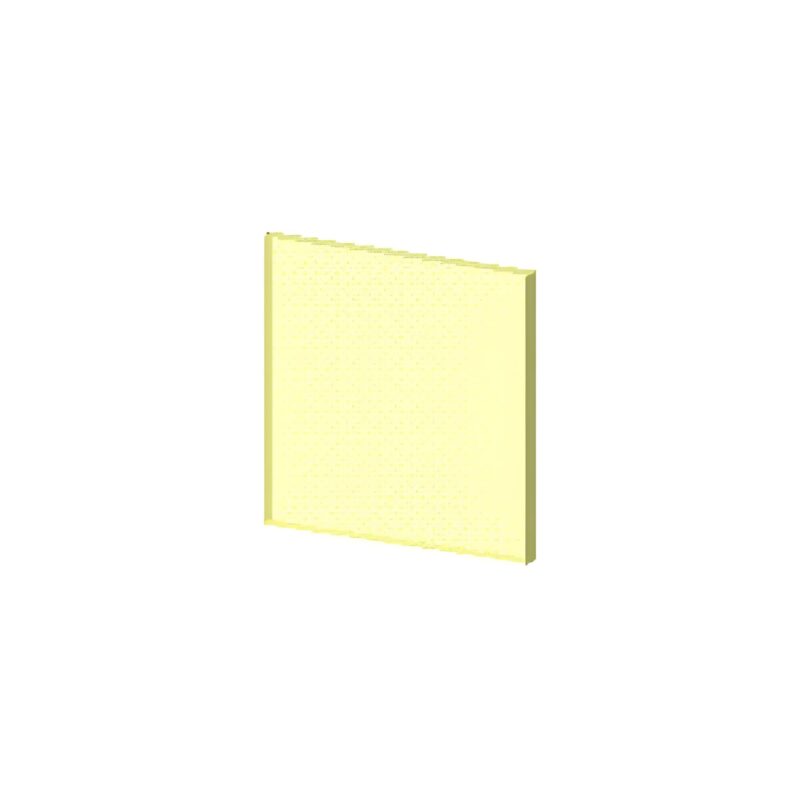
$335.00
- Crystal Orientation: <0001>
- High Purity & Low Defect Density ensuring stable epitaxial growth
- Single-Side Polished (SSP / 1sp) with high-quality O-face polished surface
- Precise Dimensions: 10 mm × 10 mm × 0.5 mm
- High Surface Quality: Low roughness suitable for MBE, PLD, sputtering, and CVD
- Excellent Physical Properties: High transparency in UV, robust thermal stability
- Ideal for Research & Industrial Applications















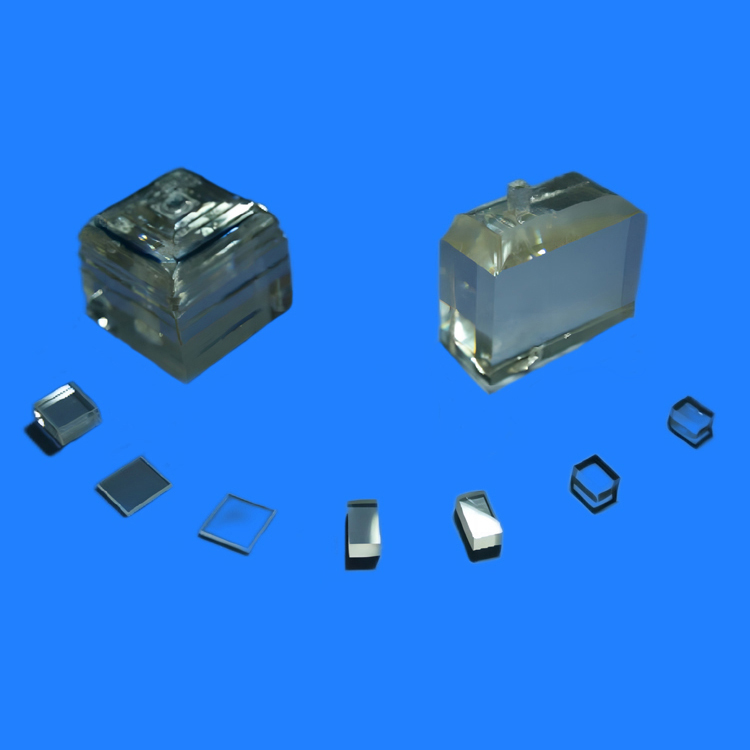 KTN Crystal (KTa₀.₅Nb₀.₅O₃) – Orientation, 10 × 10 × 0.5 mm
KTN Crystal (KTa₀.₅Nb₀.₅O₃) – Orientation, 10 × 10 × 0.5 mm